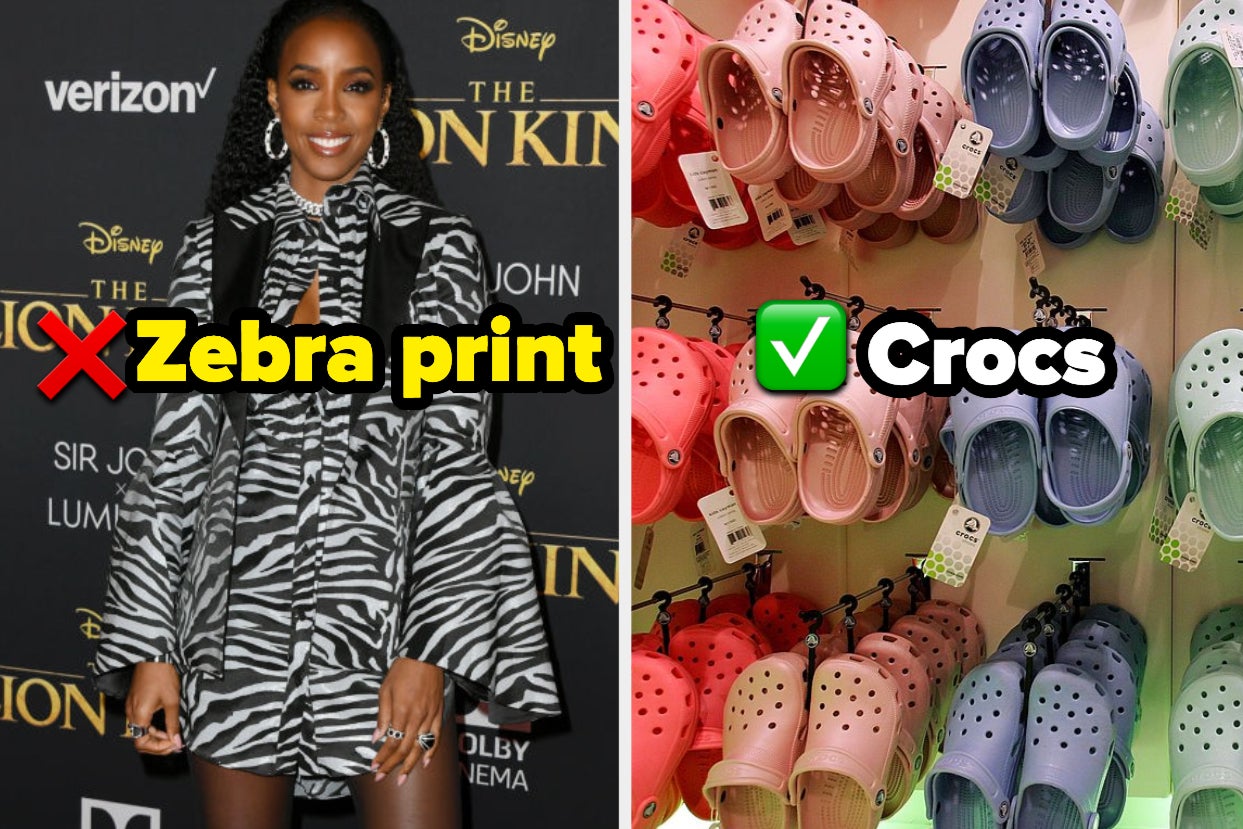In January 2021, dairy alternative major Oatly rolled out a series of advertisements across television, social media, and the national press.
The UK’s Advertising Standards Authority (ASA) received more than 100 complaints in response to these ads. The advertising watchdog investigated five environmental claims made by Oatly, and now, 12 months on, has published its ruling: four out of the five have been judged ‘misleading’.
‘It’s clear that we could have been more specific’
The two television adverts, both first broadcast on 16 January 2021, centred around children questioning their fathers’ decision to drink cow’s milk. They featured the text: ‘Oatly generates 73% less CO2e vs. milk, calculated from grower to grocer.’ The ad also included a link where viewers could obtain reports substantiating this claim.
The issue here is that Oatly’s claim refers to Oatly Barista Edition oat milk and whole cow’s milk. This distinction is made clear in the accompanying report, but not on the advertisement itself.
The ASA judged that consumers would understand this claim to mean that all Oatly products generated 73% less CO2e compared to any type of cows’ milk, rather than a specific comparison between Oatly Barista Edition oat milk and whole cow’s milk.
For this reason, the adverts where judged to be misleading. Oatly said they would amend the claim to clarify that it related specifically to a comparison between those two products.
“It’s clear that we could have been more specific in the way we described some of the scientific data,” noted Oatly spokesperson Tim Knight.
“For example, we made a claim stating that ‘Oatly generates 73% less CO2e vs cows milk’. We should have been more specific and said: ‘Oatly Barista Edition oat drink generates 73% less CO2e vs. whole milk, calculated from grower to grocer’.”
Knight continued: “We’re a science-based company and take pride in being precise, but we could have been clearer…”

Oatly’s carbon footprint partner CarbonCloud, which provided the comparative CO2e data, told FoodNavigator it was ‘active’ in the ASA investigation ‘as requested’.
“We are acutely aware that our clients will be faced with continued questioning of CO2e emissions claims as regulations continue to be established or tightened. CarbonCloud is – above all – compelled by science to provide the true data behind product benchmarks.”
A question of life cycles
In two paid-for social media adverts, one posted to Twitter and the other to Facebook, Oatly featured the caption: ‘The dairy and meat industries emit more CO2e than all the world’s planes, trains, cars, boats etc., combined’.
Similarly to the television adverts, Oatly included a link where readers could obtain reports substantiating this claim. Specifically, the alt dairy major referred to the FAO report: Tackling Climate Change Through Livestock – A global assessment of emissions and mitigation opportunities; and a UK IPCC assessment report on climate change.
Indeed, these reports suggest that greenhouse gas emissions are higher for the meat and dairy industry than the transport industry, by 0.1 gigatonnes of CO2e.
However, the assessments of the environmental impacts of the meat, dairy, and transport industries had taken into account different parts of their life cycles. Specifically, the evidence for the transport industry took into account just part of the life cycle – accounting only for the emissions coming directly from using the vehicle.
Essentially, this meant that Oatly’s claim overstated the emissions from the meat and dairy industry compared to the transport industry.
“The difference in emissions between the meat and dairy industry and the transport industry was very small compared to the calculated emissions of 7.1 gigatonnes CO2e and 7.0 gigatonnes CO2e, respectively,” noted the ASA. “We considered it was extremely unlikely that the claim would have been supported if they had used equivalent and full life cycle analysis as implied by the ad.”
The advertising watchdog said it thought consumers would interpret the claim as being based of full life cycle analyses for all three industries. As this was not the case, the ASA ruled it be misleading.
Oatly does not have plans to repeat the claim and has removed organic product posts from the social media channels that made similar claims.
Meat and dairy…and fish and eggs
The third claim investigated referred to a national press ad that features on 31 January 2021 in The Sunday Times Style Magazine, which read: ‘Today, more than 25% of the world’s greenhouse gases are generated by the food industry, and meat and dairy account for more than half of that’.
The text comes from a meta-analysis by climate expert Joseph Poore, published in Science.
In Poore’s study, greenhouse gas emissions were discussed for meat, aquaculture (including fish and shellfish), eggs and dairy. Total emissions were estimated to account for 56-58% of the food industry’s total emissions.
As egg and aquaculture industries are thought to be a significant contributor to the figure for greenhouse gas emissions reported in the evidence, but these sectors are not referenced in Oatly’s claim, the ASA again judged the claim to the misleading.

In another national press advert, which featured in the 16 January 2021 edition of the Guardian Weekend magazine, the headline read: ‘No egg-scuses’. This was followed by the text: ‘Climate experts say cutting dairy and meat products from our diets is the single biggest lifestyle change we can make to reduce our environmental impact’.
This text was again based on a quote from Joseph Poore, first published in a 2018 newspaper article.
However, in the newspaper article, Poore’s quote actually read: ‘A vegan diet is probably the single biggest way to reduce your impact on planet Earth’.
Oatly had not only omitted the word ‘probably’ from its claim, but had referenced ‘climate experts’, when in fact the view came from a singular climate expert.
Therefore, according to the ASA, the ad ‘overstated’ what the evidence supported, and again it was ruled to be misleading.
No breach of code
The advertising watchdog also investigated another claim that features in the same Guardian advert, that ‘if everyone in the world adopted a vegan diet, it would reduce food’s annual greenhouse gas emissions by 6.6bn metric tonnes (a 49% reduction)’.
The claim was substantiated in the same meta-analysis authored by Poore and published in Science, and as a result, was not found to be in breach of the CAP Code.
Note: This article have been indexed to our site. We do not claim legitimacy, ownership or copyright of any of the content above. To see the article at original source Click Here












